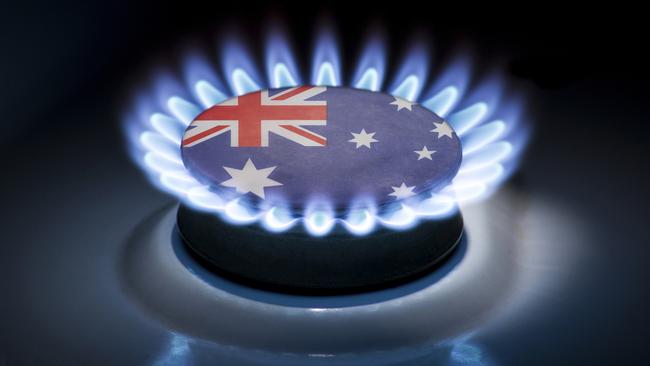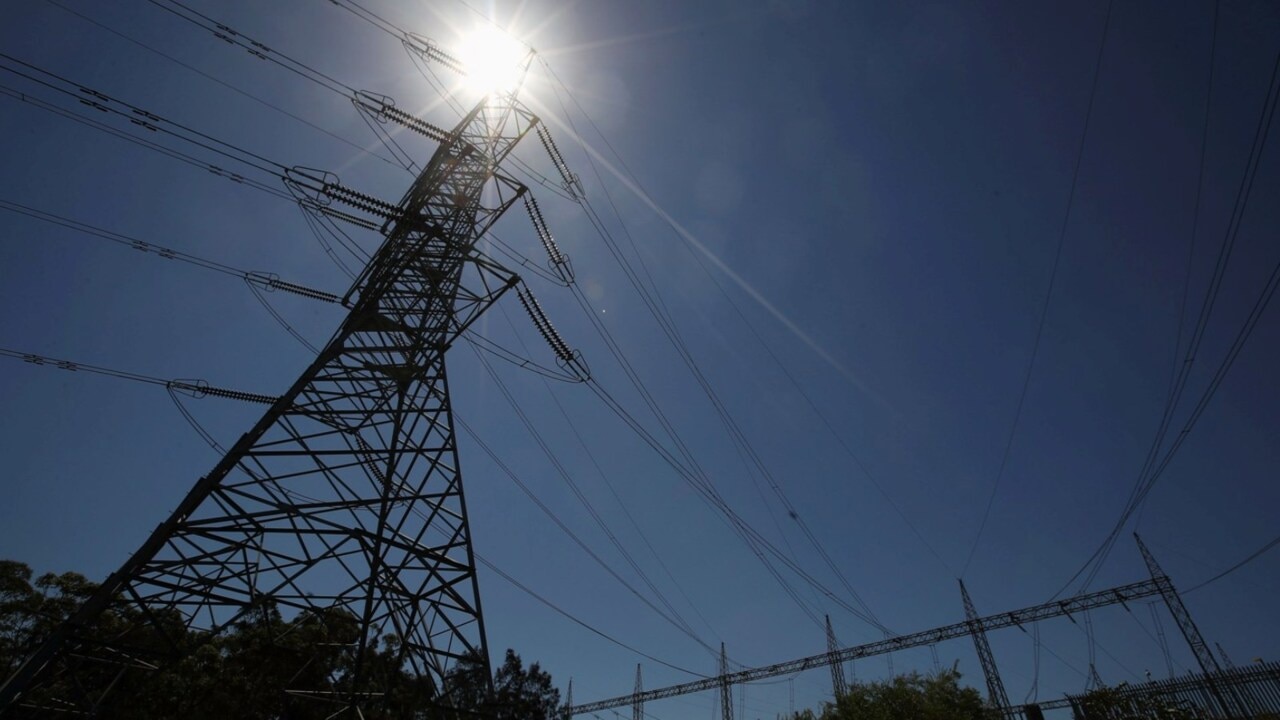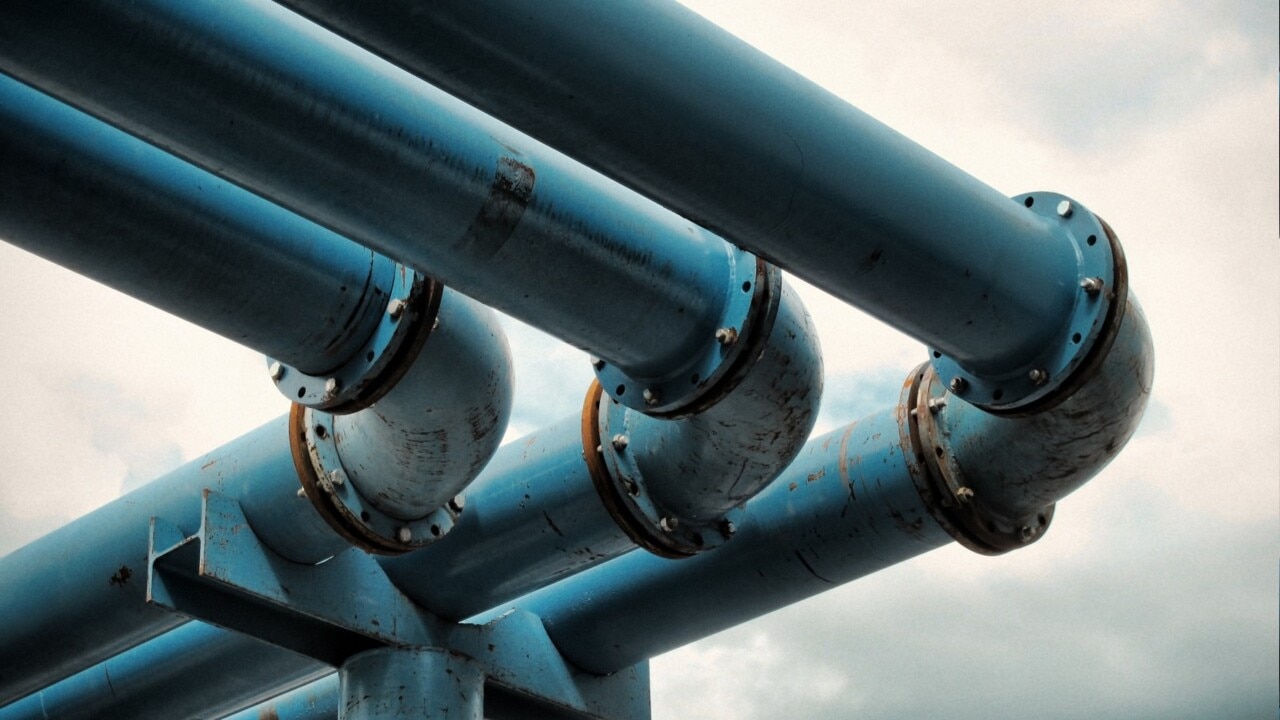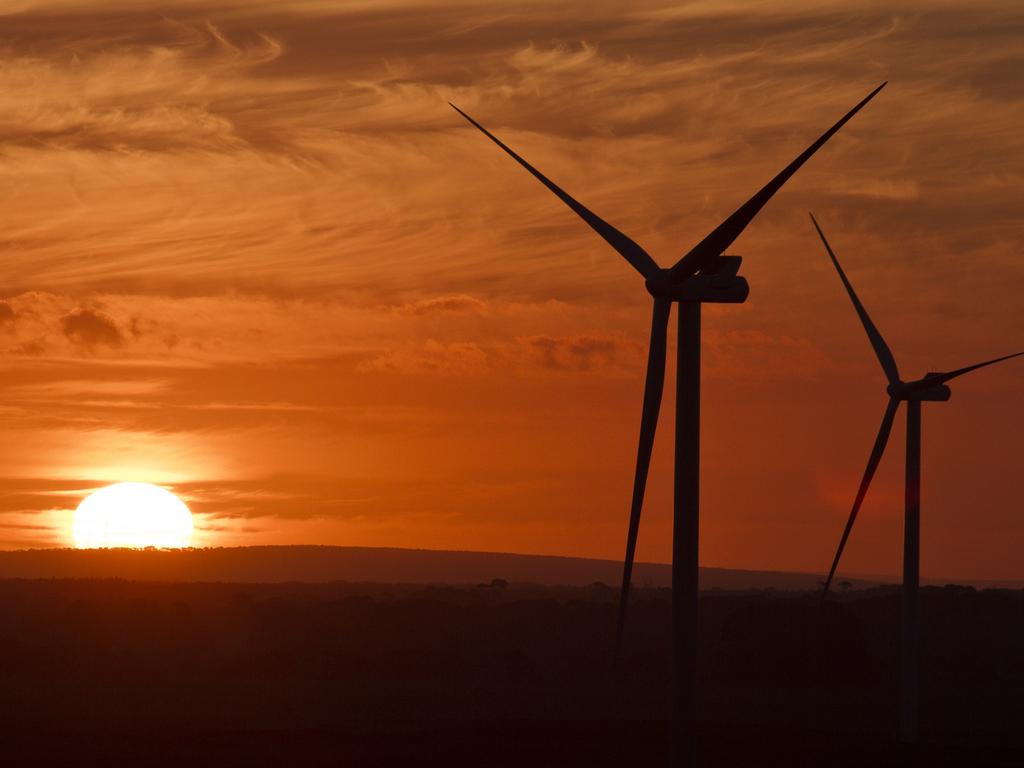Energy Australia faces gas ‘gouging’ claims
Energy companies are strongarming domestic manufacturers into accepting 12-month contracts at sky-high wholesale gas prices.

Energy companies are strong-arming domestic manufacturers into accepting 12-month contracts at sky-high natural gas prices, forcing businesses to warn the consumer watchdog about “price gouging” and “cartel-like behaviour”.
As wholesale gas and electricity prices soar, retailer EnergyAustralia is facing allegations of using “gun to your head” negotiating tactics to try to force manufacturers into extended contracts on inflated gas prices.
The accusations emerged as the energy market operator ordered power generators to keep running in a bid to avert possible blackouts on Tuesday.
The Australian Energy Market Operator introduced a rarely-used price cap of $300 a megawatt hour on Monday after electricity spot prices soared over the last week and told Queensland and NSW generators to keep running despite the fact that some generators would not be profitable at those levels.
With the war in Ukraine contributing to the energy squeeze and Australia facing a cold snap across the eastern seaboard, energy analysts expect retail gas prices – currently several times higher than this time last year – to remain elevated for six months.
A brick manufacturer in regional Victoria — which asked to remain anonymous due to commercial sensitivities — said it submitted a complaint to the Australian Competition & Consumer Commission about EnergyAustralia’s conduct.
EnergyAustralia, which fully contracts the gas pipeline between Carisbrook and Horsham in western Victoria, became the brick manufacturer’s retailer of last resort after its previous retailer, Weston Energy, exited the market. EnergyAustralia was the only provider that could service the 100 terajoules of natural gas the manufacturer needed to operate.

With the company’s current gas bill more than doubling since the onset of the energy crisis, EnergyAustralia repeatedly rebuffed requests to change the period offered on the supply contract of $32/GJ (rising to a delivered price of $40-$42/GJ) on a fixed term 12-month contract. This compared with $9/GJ before the energy crisis.
“It’s 100 per cent price gouging with no option. At that period for that price my business is unsustainable,” the manufacturer told The Australian.
In emails obtained by The Australian, an Energy Australia sales executive repeatedly says that, even if prices in the volatile market begin to decline, the business won’t be able to renegotiate the terms. If an agreement is unable to be reached by June 9, the sales executive warns the manufacturer will be pushed onto the more expensive default rate.
“I am trying to work with a bad situation and if you’re not able to offer monthly/3 monthly or 6 monthly I am prepared to look at a 5 year contract to try and level out some of these EXTREME (sic) prices,” the manufacturer writes.
The executive responds: “If you prefer monthly, you will be billed on our standard default rate … At this stage, we are only in a position to offer a 12 months contract term.”
Asked whether EnergyAustralia would be willing to renegotiate the contract if the government implemented controls to reduce prices in the wholesale market, it said it would not. “We will have bought firm gas at a fixed rate from producers,” it said.

In a complaint submitted to both the ACCC and the Energy and Water Ombudsman, the brick manufacturer sought regulatory assistance to help resolve a “very difficult predicament”, warning the offered terms threatened the business’s viability.
“Other than giving us surety of gas supply, we are having great difficulty accepting this offer as we will be agreeing to a 250 per cent increase in our major expense,” the manufacturer’s operation manager said.
“The scale of this increase will definitely threaten our viability as a business over that timeframe.”
A spokesman for Energy Australia said tight market conditions were having an “impact on all participants” across the energy sector.
“The gas rates are consistent with the amount paid to purchase gas on their behalf, which is based on the costs incurred of buying gas on the wholesale market,” a spokesman said. “These rates will apply until affected customers are able to enter a supply contract with Energy Australia or another gas retailer.”
Mark Thurlow, managing director of regional Victorian commercial bakery True Foods, said he engaged an energy broker with several other industrial users to negotiate with companies after Weston Energy walked away from the market.
After paying $7.50/GJ last year, Mr Thurlow said the price had skyrocketed to $42.50/GJ and was set to cost True Foods $1m over the next 18 months.
With spot prices artificially high, Mr Thurlow’s wanted a six-month contract but said he was hearing 12-month contracts were the preference for retailers.
Opposition assistant spokeswoman for regional development Anne Webster said Western Energy’s decision to walk away from its industrial clients had “left them in the lurch”, and she hit out at the monopolisation of the Carisbrook-Horsham pipeline.
More Coverage







To join the conversation, please log in. Don't have an account? Register
Join the conversation, you are commenting as Logout